The Why
Vaccinations aim to protect household pets. By having the animal vaccinated, they will be able to resist a virus or disease if they come into contact with it. Essentially, vaccines prepare an animal’s immune system to fight off disease and viruses.
Some vaccines are mandatory to have while others are suggestions. Check with your local humane society or government to find out about your area’s mandatory vaccinations. Some pet owners may be tempted to skip on the suggested vaccinations and only go for the legally required ones. After all, they aren’t cheap! But it can cause a lot of heartache down the road. If you could avoid this, why wouldn’t you?
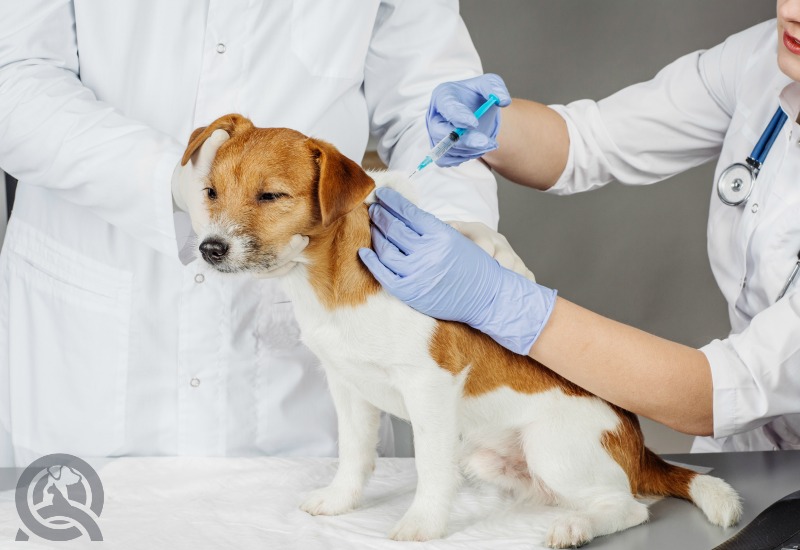
The Costs
Vaccinations aren’t free, nor are they inexpensive. By now, we are sure you, as a certified dog groomer, know that they are necessary. So prepare your clients for the costs. If they don’t have pet health insurance, this may be a good opportunity to suggest they look into it. Insurance plans come in all shapes and sizes. Stress that they should thoroughly read through everything included, and to consult a veterinarian if possible. They will be happy to educate you and your clients if it means one more protected canine companion! Plus, this should avoid any unwelcome surprises down the line.
The Aftermath
Pets may not be thrilled about having an injection or two. Can you blame them? We humans don’t love it either! If your clients approach you for advice, there are a few key things you can recommend.
The goal after a vaccination is to help ease discomfort. Usually, pets will feel a little sore or confused post-vaccination. The best thing you can do in this situation is to give them some space. Ask your clients if their pets have had a vaccination recently. If so, suggest a later appointment date to give the animal a break.
We recommend a little spaw day of sorts. Suggest that your clients set up a cozy nook for their pal to rest. If there is any discomfort, it will be easier for them not to move if they are hungry or thirsty. Placing food and water in their nook is a great way to avoid this.
We also recommend that you and your clients keep an eye on their pet without encouraging too much movement. Let your client know to avoid petting their dog—soreness may increase from the added pressure, and we don’t want that!
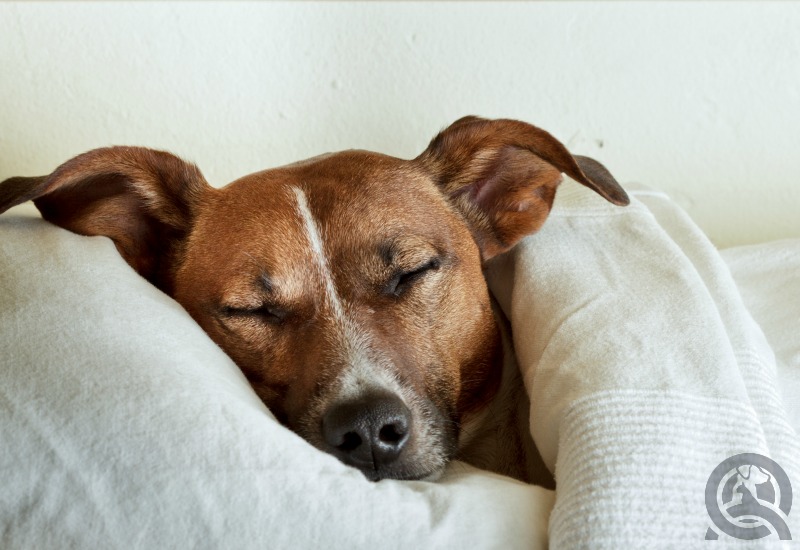
The Timing
It isn’t enough for pets to be vaccinated just once. Veterinarians provide schedules to follow. Please, please, please stress following this schedule to your clients! A vaccine isn’t a permanent fix on its own. Straying from the schedule could put you, your clients and their pet at risk.
Think of a pet’s immune system as a machine to maintain. Remind your clients to keep up with their booster vaccinations after the first shot. This will help their pets to be as prepared as possible if they ever encounter a disease or virus. Encourage them to touch base with their vet on a yearly basis at minimum. This way, they can be up-to-date about any current issues.
Some vaccines are given on an as-needed basis. Vets know what to look out for, but you may notice symptoms as well. Don’t leave anything to chance. Check in with your clients whenever you have any concerns. Ask them if there are any changes in their lives, such as a new home or neighboring pet.
If so, encourage clients to discuss options with their vet. Certain areas may carry higher risks based on the environment. Ticks are more of a risk in rural areas, so encourage them to communicate with their vet.
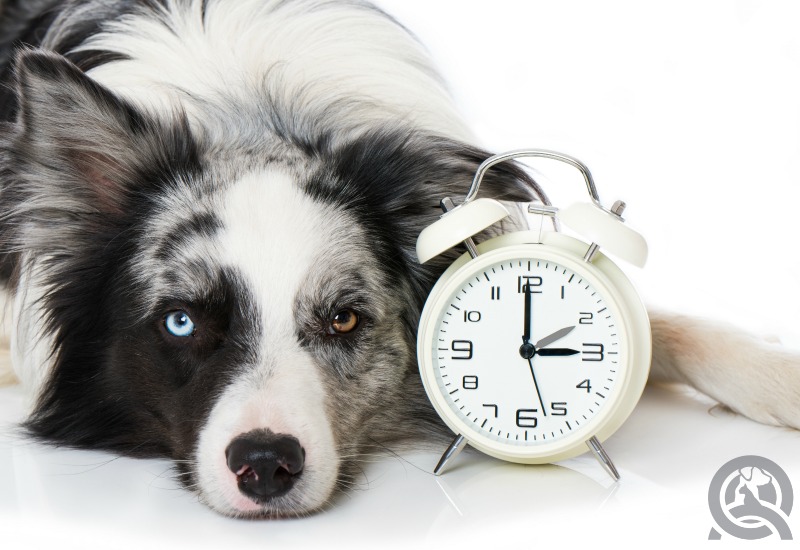
The Effectiveness
Vaccine effectiveness isn’t something to guess about. This can be especially relevant if you aren’t confident your clients have stuck to their vaccination schedule. Over time, a vaccination can lose its effectiveness. This is why it is so important to follow up with booster shots!
We don’t want to scare you, but if your clients miss a shot, you and their pet could be at risk. Veterinarians can do a blood test on the dog to see how their vaccinations are holding up. This is so easy to do, especially if your clients are adopting an pet.
Encourage them to stay aware. This is the best you can do for all your furry friends.
The Risks
Although uncommon, vaccinations can cause negative reactions. As a pet groomer, it is part of your job to know the signs. A veterinarian can tell you what to look for, but if you are in a pinch, here is our list:
- Lethargy
- Decreased appetite
- Sudden mood changes
- Surface reaction at the injection site
- Fever, diarrhea, or vomiting
- Itching or swelling
- Weakness
- Shortness of breath or difficulty breathing
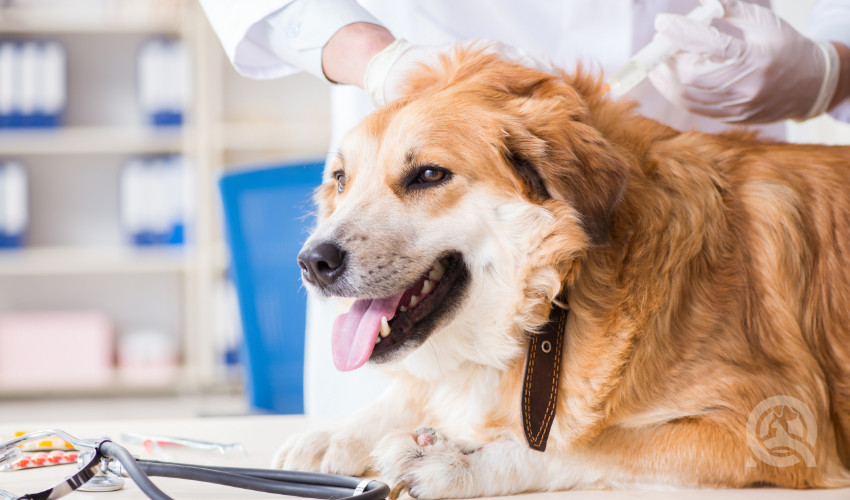
These symptoms can occur merely minutes after vaccination or weeks later. This is why it’s especially important to ask about recent vaccinations and keep a watchful eye. If you do notice any changes to a pet’s typical mood or activities, ask your clients to phone their vet. They will be able to tell if there is anything to worry about in relation to the symptoms. In case of emergency, have a first aid kit on hand and encourage your clients to build one, too!
We know it isn’t the most exciting topic, but it’s important nonetheless. As passionate animal lovers, we know you want to do your best to keep pets safe, healthy, and happy!
Do you have any advice for first time pet owners? Let us know in the comments below!
Have you considered learning about dog grooming? Learn how you can start with your own pet! Check out our article on the 5 Benefits of Learning to Groom Your Own Dog!
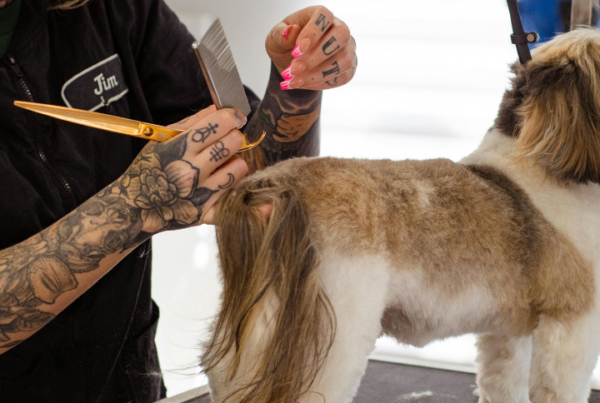
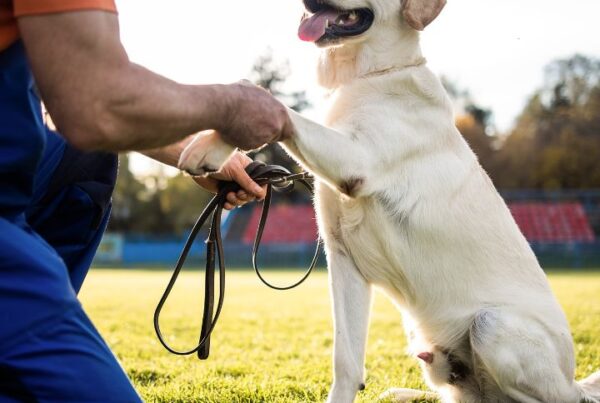
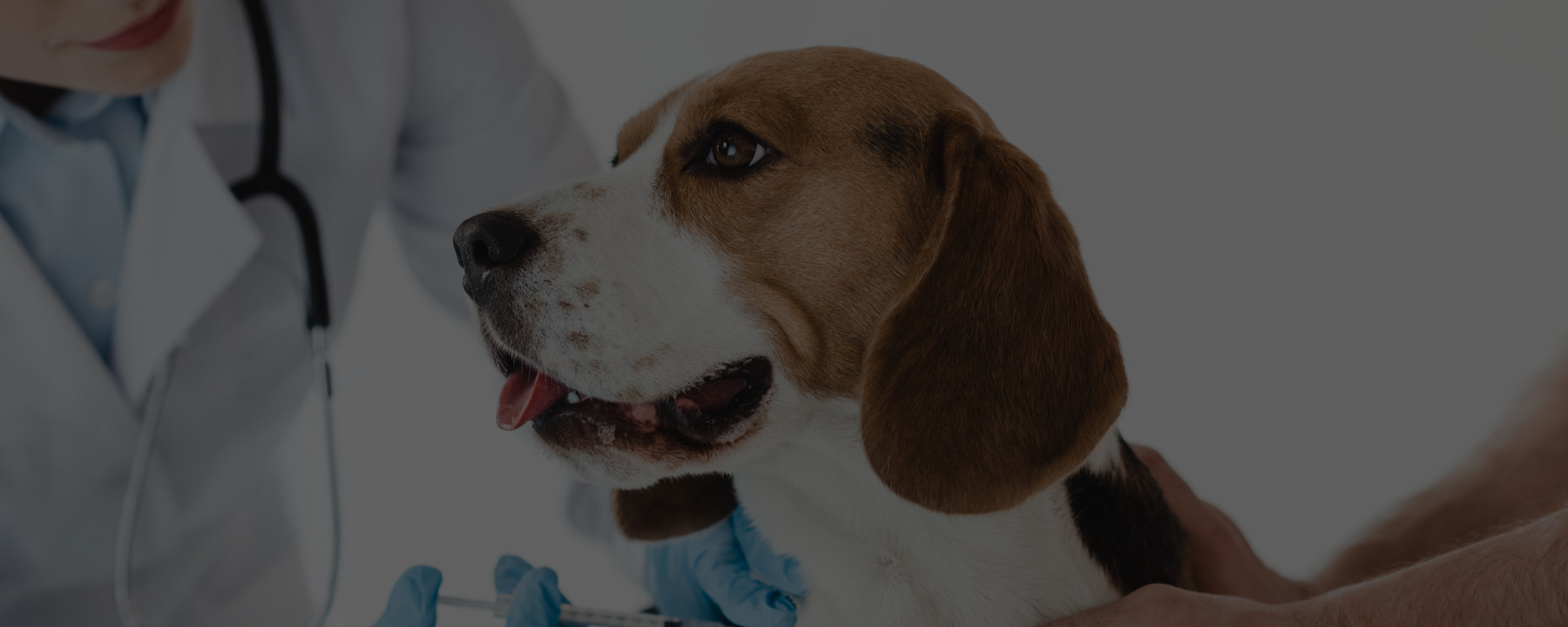
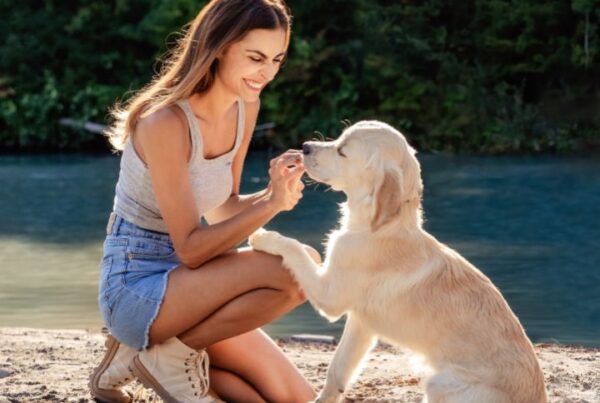
Thanks to sharing this awesome guideline with us. Great work!